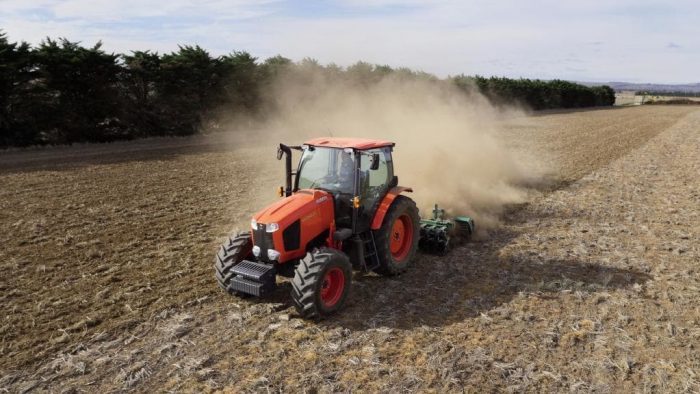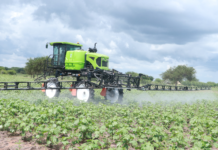By: Bertus Visser, Chief Executive of Distribution, PSG Insure
While vehicles like tractors and harvesters may require all risk motor cover like regular cars do, there are unique elements to making sure such vehicles are properly covered by your insurer. These vehicles generally attract cheaper premiums than cars – as less time on public roads means less risk for insurers – but despite this, here are some important aspects to review to ensure your specialist vehicle cover is on track.
Sowing the right seeds
Expensive equipment can be very difficult – if not impossible – for you to replace if your insurance cover is insufficient, and it can start by simply supplying incorrect information. It is essential to conduct a comprehensive risk analysis on every one of your assets, fully disclosing what they are used for, so that any special insurance considerations can be factored in by your adviser and updated with your insurer.
All too often, true replacement costs are not factored in accurately, and insurance cover can come up short, but this is easy to avoid. An example is ignoring your insurer’s assessment (and required amendments to your cover, if any), as this could result in underinsurance. It is your responsibility to get the correct value and supply this figure to your insurer, but your insurer can also assist in appointing someone to value your goods, if you aren’t sure where to go. Suppliers can also help with accurate replacement value.
Accessorising wisely
If a harvester is used to harvest cotton, for example, it uses different equipment to one that harvests sunflower seeds, so depending on what you use your specialist vehicles for, you’ll need to factor in all and any accessories you use as well, and some may require specification. A good example that can impact insurance in any industry, is a GPS system. If this is not specified, it will not be covered, even if the vehicle is stolen. Tyres for specialised vehicles are also very expensive if tracks are used instead of normal wheels, so these must also be included.
Consider as well if these vehicles have special parts that might take some time to order for replacement as cover can be adjusted to help you, should you have delays in being able to use your vehicle. Be sure that any updates you pass on to your adviser have been made and processed correctly by also checking your own policy schedule.
Cropping cover could be costly
Another common issue is only insuring these types of vehicles against fire at the farm on which they are generally kept. If such a vehicle is involved in an accident or if a third party makes any claims, unless you have comprehensive insurance, your claim will be repudiated. It might seem obvious, but you need to check that you have comprehensive cover and that where you use a vehicle is noted in your policy, be it one location, or several. This is not only because these types of vehicles are so expensive to repair or replace, but also because they can cause such extensive damage due to their size. Third-party liability cover is also essential as you never know who might try to claim against you.

If some vehicles are used on different farms that you own, consider situations such as using a tractor to cross any public road to another farm – these trips need sufficient cover as well. Failing to factor this in could mean repudiation for any claim for damages to equipment in transit. If you use some of the equipment on third party property, and not only your own property, also make sure this is disclosed to your insurer.
Rounding up some final reminders
If you are still paying off a vehicle, comprehensive cover is a non-negotiable to negate potential expensive losses.
Another tricky issue that leads to repudiation is when these types of vehicles are insured in the wrong section of a policy. They must be insured under the correct section to be valid, and it is wise to check with your adviser that your policy schedule reflects this accurately.
Get a jump start on the year ahead and make sure your specialist cover is parked properly for the duration.








